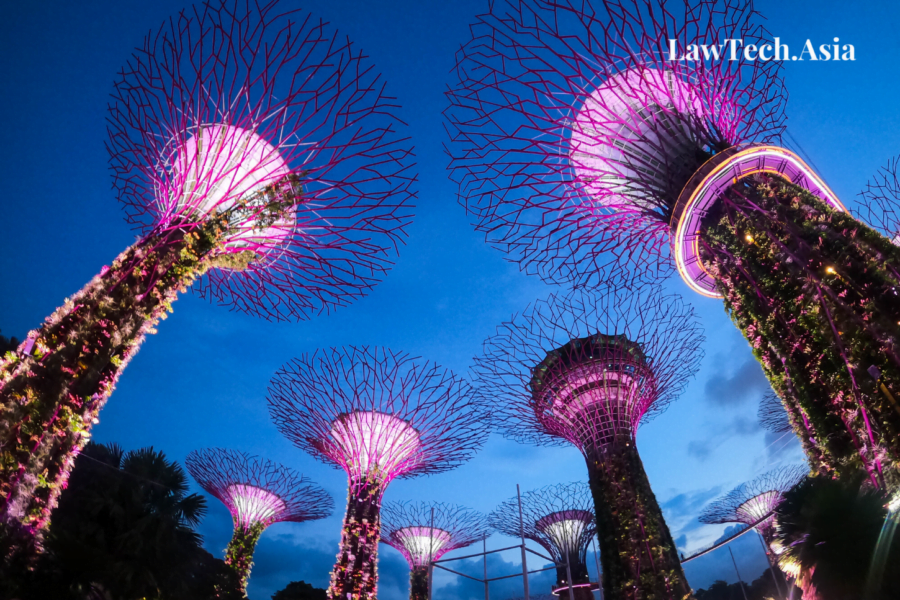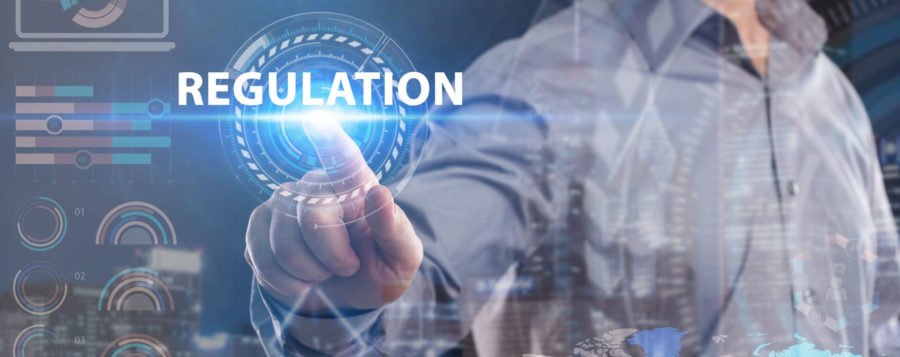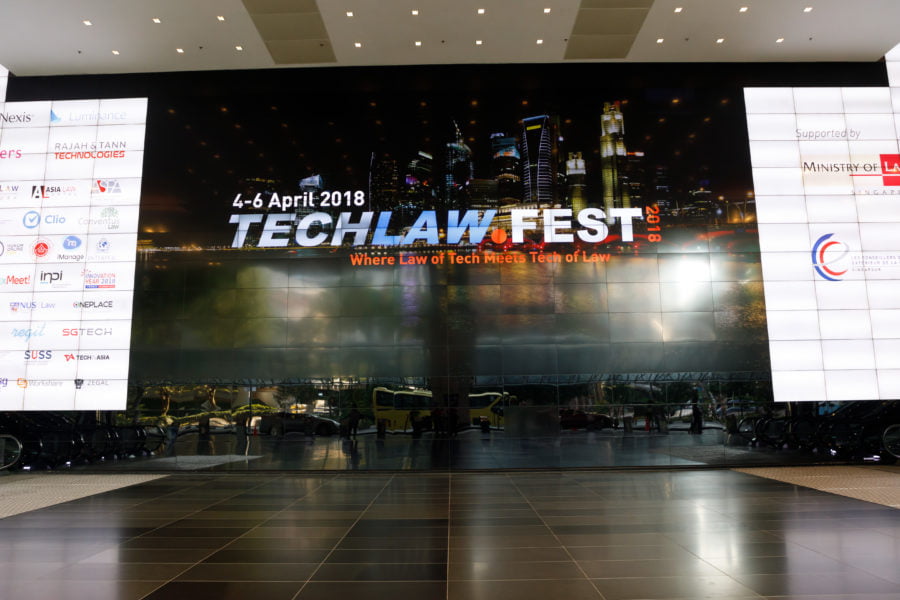Written by Cindy Chua (Associate Author) | Mentored by Josh Lee | Reviewed by Joey Pang
LawTech.Asia is proud to conclude the third run of its popular Associate Author (2020) Programme. The aim of the Associate Authorship Programme is to develop the knowledge and exposure of student writers in the domains of law and technology, while providing them with mentorship from LawTech.Asia’s writers and tailored guidance from a respected industry mentor.
In partnership with the National University of Singapore’s alt+law and Singapore Management University’s Legal Innovation and Technology Club, five students were selected as Associate Authors. This piece, written by Cindy Chua and reviewed by industry reviewer Joey Pang (DBS), marks the fifth and final thought piece in this series. It examines the various issues arising from the use of commonly seen legal technologies in Singapore, and conducts an international scan of legal technology regulatory pictures in several jurisdictions before proposing a potential way forward for Singapore.





